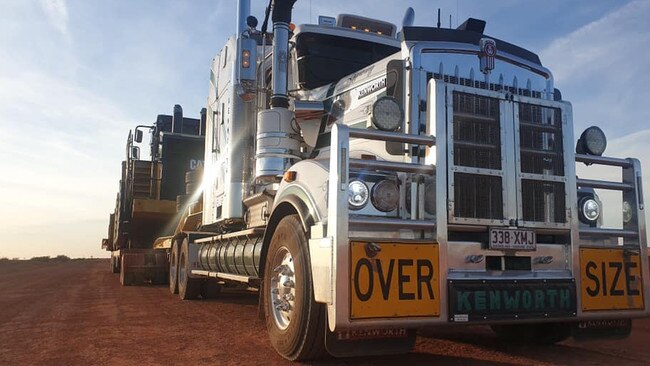Renewable fuel to add $10bn a year in decarbonisation push
The nation will face energy insecurity and miss out on $10bn a year if the federal government fails to develop a renewable fuels sector to bolster its push towards decarbonisation.

The nation will face energy insecurity and lose an estimated $10bn a year if the federal government fails to develop a renewable fuels sector to bolster its push towards decarbonisation, which for too long has been over-reliant on electrification.
A report commissioned by Bioenergy Australia has cautioned that the focus on electrification will ultimately act as a “handbrake” on the nation’s pursuit of its emissions reduction targets, with liquid fuel representing 45 per cent of Australia’s total energy use, particularly in the transport, mining, agriculture and construction sectors.
It’s estimated that development of a bioenergy sector over the next decade could add $10bn a year to the nation’s GDP and create 26,200 new jobs.
Bioenergy Australia chief executive Shahana McKenzie said while electrification was an important part of reducing carbon emissions, Australia’s economy was largely reliant on liquid fuels so that also needed to be a focus of decarbonisation efforts.
“The full-throttled pursuit of electrification is going to be a handbrake on Australia’s pursuit of its emissions reduction targets, leaving significant sectors in our economy unable to decarbonise in an affordable, reliable way,” she said. “We must give businesses in these critical sectors the unimpeded ability to reduce their emissions and not simply leave them to their own devices, or their own demise.
“Renewable fuel is their answer. We just need to provide it, affordably and at scale.”
The report, conducted by Deloitte, found that replacing 6 per cent of petrol with bioethanol based on current targets would be the equivalent of taking 730,000 vehicles off the road and replacing 2 per cent of diesel with biodiesel or renewable diesel would be the equivalent of taking 29,000 rigid trucks off the road.
It also found renewable fuels could significantly reduce emissions in the aviation sector by replacing just 10 per cent of jet fuel with sustainable aviation fuel, which would be the equivalent of about 220 million less kilometres flown annually by a Boeing 747.
“Every day we fall further behind in the race for renewable fuels,” Ms McKenzie said. “We are being beaten to the punch on what looms as an incredible economic and environmental opportunity.
“Many other nations are embracing fuel carbon intensity standards, concessional loans, tax treatments, waste levies and grants, but we are yet to see a strategic approach to the decarbonisation of liquid fuel-reliant sectors in recent policy announcements.”

The report said though some sectors of the industry had begun the uptake of renewable fuels, without adequate government support a renewable fuel industry – which was pivotal to reaching the nation’s 43 per cent emissions reduction target by 2030 – would “fail to materialise”, leaving Australia exposed to energy supply shortages and higher costs.
“Without a domestic renewable fuels sector, Australia is exposing itself to the world’s next energy supply shock and the higher prices that would accompany such a crisis,’’ Ms McKenzie said.
The report said renewable fuel – largely produced using agricultural feed stocks, forestry residues, waste, fats and oils – offered a pathway to “decarbonise key sectors of the Australian economy that have been reliant on the use of liquid fossil fuels”.
“A thriving renewable fuels sector will deliver many benefits around regional development, improved waste management, export growth and promotion of domestic fuel security,” the report said. “Australia’s dependence on imported fuel products has grown over the past two decades, leaving (us) exposed to supply shocks and elevated international prices. A domestic industry would decouple (us) from this issue.”







To join the conversation, please log in. Don't have an account? Register
Join the conversation, you are commenting as Logout